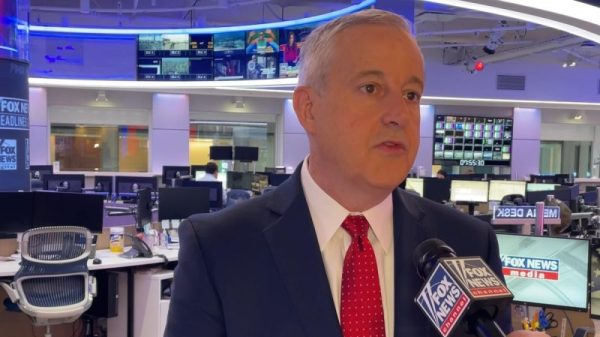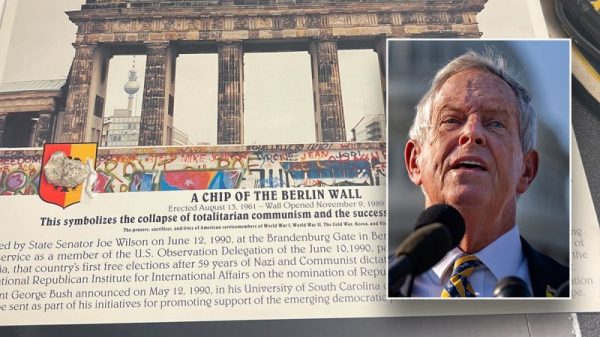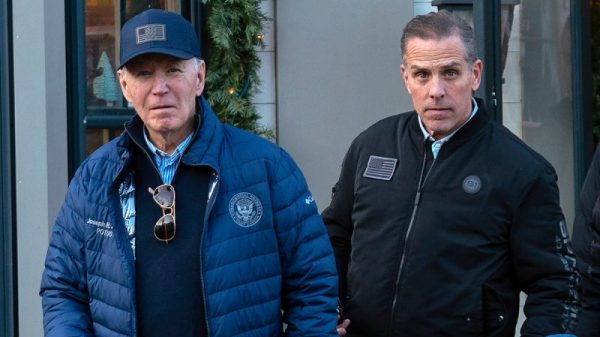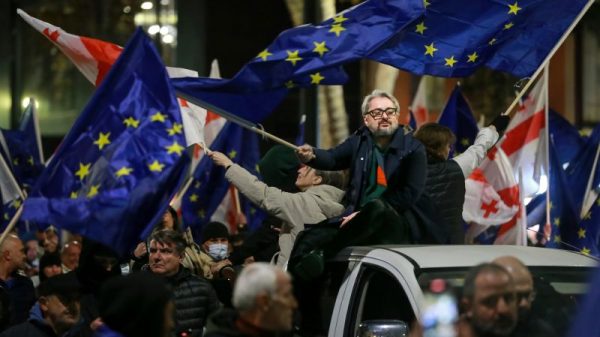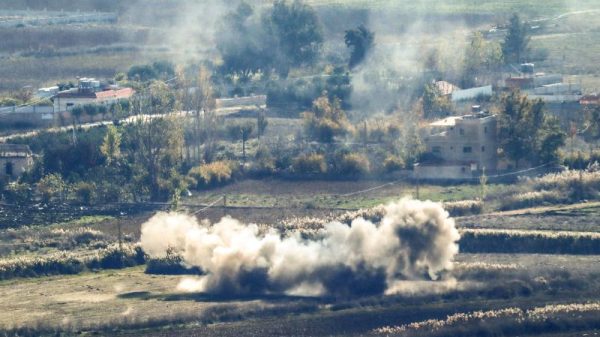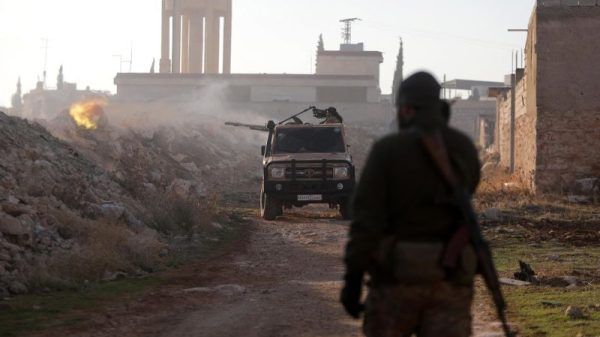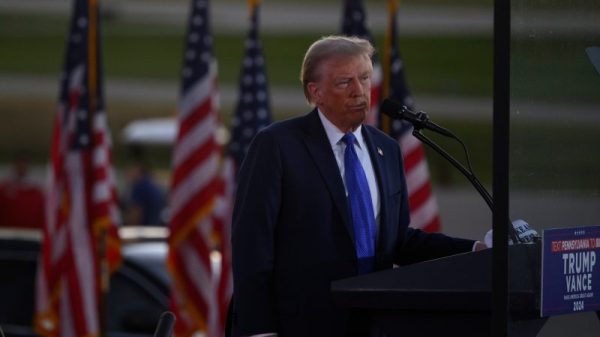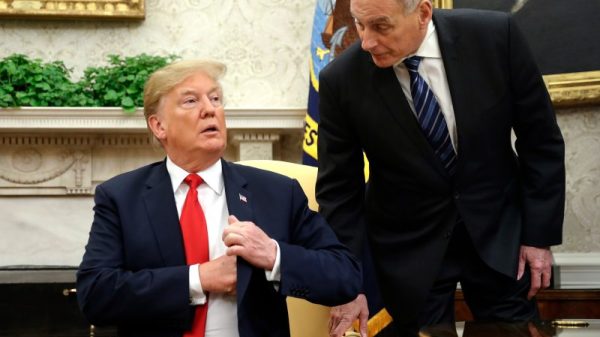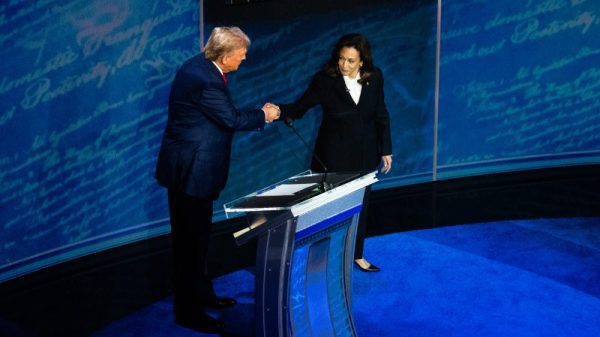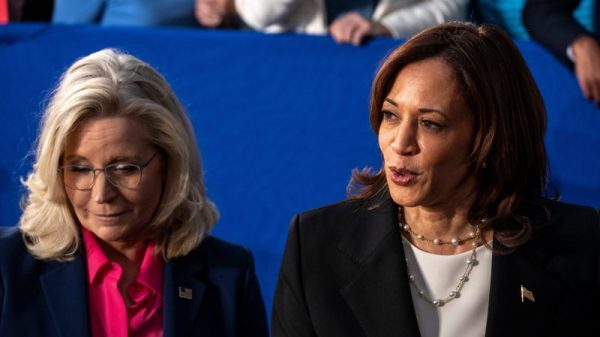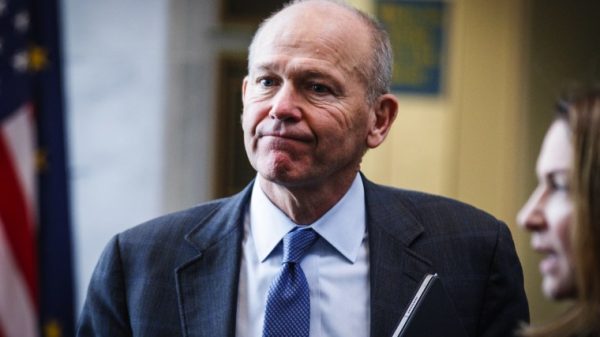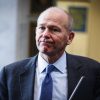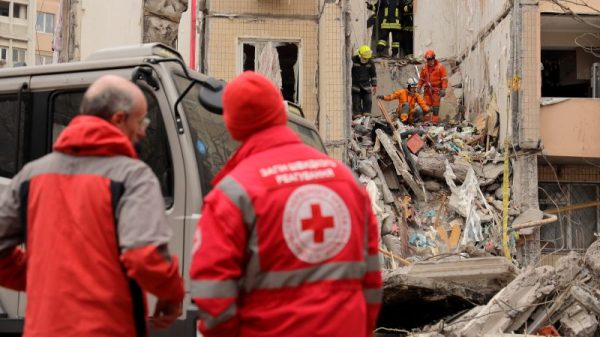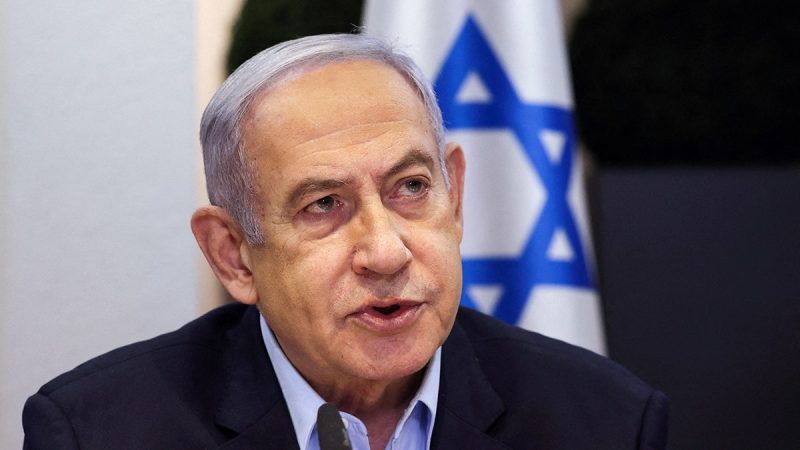 Protests have erupted in Colombia with tens of thousands of people taking to the streets against the proposed agenda of the leftist president. This development has brought to the fore multiple concerns ranging from economic policies, social inequality and government corruption.
Protests have erupted in Colombia with tens of thousands of people taking to the streets against the proposed agenda of the leftist president. This development has brought to the fore multiple concerns ranging from economic policies, social inequality and government corruption.
Demonstrators include students, pensioners, labor union members, and others who express dissatisfaction with the current administration. Many feel that the president’s policies favor the wealthy and neglect the needs of the working class and the poor.
Some of the major sticking points in the president’s agenda include proposed tax reforms, perceived corruption within the government, and alleged failure to uphold peace agreements with rebel groups.
However, there are also people who remain supportive of the president and his policies, arguing they represent a necessary break from the conservative policies of previous administrations that they believe perpetuated socioeconomic inequalities.
The government has responded to the protests with calls for dialogue, while also deploying security forces in a bid to maintain order. Meanwhile, human rights groups are monitoring the situation closely, in light of past occurrences where such protests have escalated into violent confrontations. The situation in Colombia remains tense and continues to evolve.





